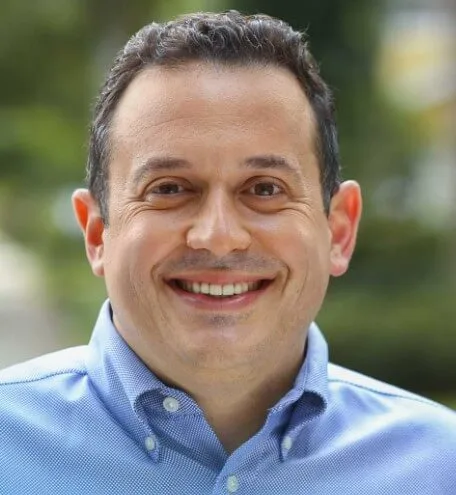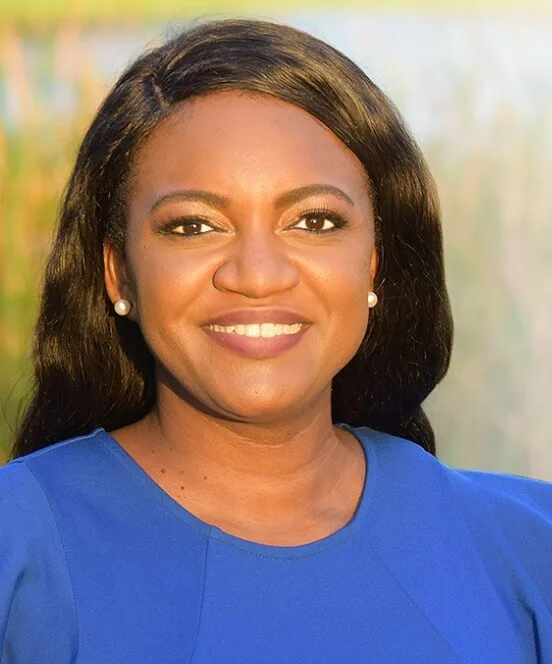
Image via Shutterstock
For more than a century, Puerto Ricans have been part of the United States military. Poverty has been an incentive for recruitment on the island.
Puerto Ricans and the United States Army share 121 years of history. After the island became an American territory in 1899, the battalion of Porto Rican Volunteers was created.
Since then, Puerto Ricans have participated in major military events involving the U.S. According to Census Bureau statistics, 3.1% (83,641) of the island’s population over the age of 18 are veterans.
RELATED: These Army Veterans Plan to Vote for Joe Biden. Here’s Why.
Pedro Reina, a humanities professor at the University of Puerto Rico, said the U.S. invaded the island for military reasons when it was a territory belonging to Spain.
“The United States wanted to establish a coaling station on the island for their ships. Cuba didn’t work for that purpose because it is too close to Florida,” explained Reina. “They needed a place that was far from the coast of Florida, so their ships could patrol the Caribbean waters, stock up on coal, and return to the continent.”
One of the most notorious Puerto Rican regiments is the 65th Infantry, aka “The Borinqueneers,” who took part in World War I, World War II, the Korean War, and what the U.S. Department of Defense calls the Global War on Terrorism. The regiment received the Congressional Gold Medal in April 2016.
There are still remnants of military bases built by the U.S. on the island. “Upon obtaining the territory, bases were established around San Juan Bay. Most important was Miramar Naval Base, which was in place prior to World War II,” Reina said.
In 2004, the Navy closed its last base in Puerto Rico, Roosevelt Roads, located in Ceiba.
For many years the recruitment of new soldiers was mandatory in Puerto Rico, although Reina clarified that there was heavy opposition to the Vietnam War.
“Many Puerto Ricans resisted participating in Vietnam, but others did not have a choice and had to go.”
Despite the opposition, according to Census statistics, the largest number of Puerto Rican veterans served in the Vietnam War.
Years later, Military Selective Service went into effect. In August 2019, hours before his resignation, former Governor Ricardo Rosselló signed Law 124, which automatically registers teenagers in the military when they get a driver’s license.
Mayte Bayolo, a lawyer from the American Civil Liberties Union (ACLU), has said that Law 124 is a violation of civil rights.
RELATED: Military Vet Slams Trump for Spreading Lies About Voting by Mail
Reina explained that the socioeconomic aspect has been the main incentive for Puerto Ricans to register in the Army.
“Poverty in Puerto Rico is one of the great engines for armed forces to recruit here. A retired military friend told me many recruits come from the poorest states,” the professor said.
For many young people, the Army is a career opportunity with veteran’s benefits.
Some activists, along with members of the Puerto Rican Independence Party, have often expressed how unusual they think it is for Puerto Ricans to go to war in the name of another country.
Reina considers the relationship between Puerto Ricans and the Army to be intrinsically tied to a colonial reality on the island.
“The United States has benefited, and Puerto Ricans have entered the Army as a consequence of denied opportunities. In the military, they see a way out of their socio-economic circumstances. We all have a relative who is or has been in the Army, voluntarily or by obligation.”
The professor clarified that Puerto Ricans who refuse to register with the military because of ideological differences are far and few between. Financial needs seem to be the overriding factor in making a decision.
“The vast majority of young Puerto Ricans live in poverty. Now, with the pandemic, it’s a chilling situation. The military will be a means of social mobility but at great personal cost,” Reina said.
RELATED: I Used to Write Commercials for the U.S. Army to Recruit Latinos. I Wouldn’t Do It Today
Politics

Teamsters and UPS Reach Tentative Deal to Avoid Strike, 340,000 Workers to Get Raises
The tentative deal represents a huge win for full- and part-time UPS Teamster workers, who would get significant pay raises and better working...



One Republican Senator Is Blocking 265 Military Promotions, Leaving the Marines Without a Confirmed Leader
Sen. Tommy Tuberville's decision means these military officers are not getting the pay raises they’re owed, cannot move their families to wherever...
Local News



Teamsters and UPS Reach Tentative Deal to Avoid Strike, 340,000 Workers to Get Raises
The tentative deal represents a huge win for full- and part-time UPS Teamster workers, who would get significant pay raises and better working...



One Republican Senator Is Blocking 265 Military Promotions, Leaving the Marines Without a Confirmed Leader
Sen. Tommy Tuberville's decision means these military officers are not getting the pay raises they’re owed, cannot move their families to wherever...




